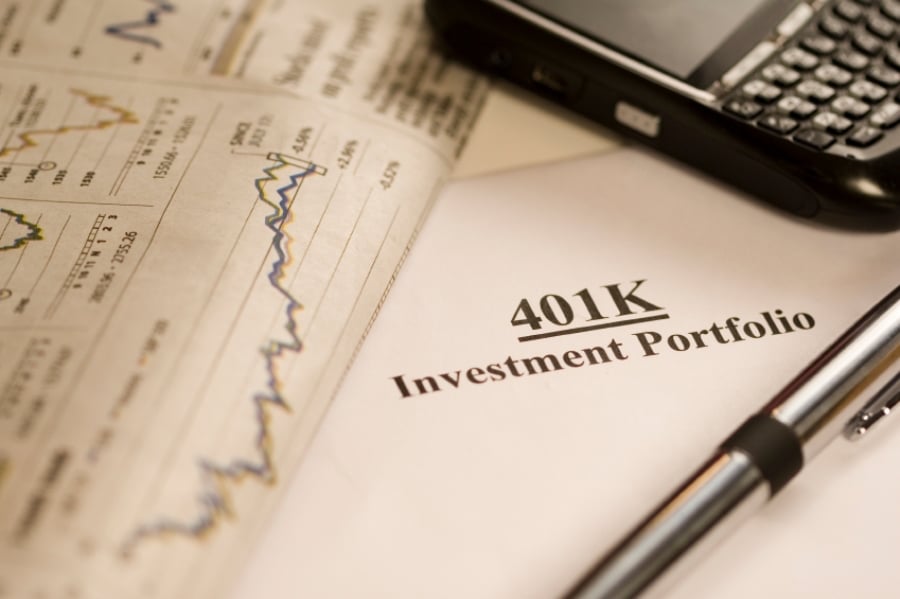

Self-directed brokerage accounts within 401(k)s and other retirement plans grew by 22% over the past year, according to a report today from Charles Schwab & Co.
As of the end of the second quarter, the average account balance was more than $348,000, up from nearly $287,000 a year prior, according to the data. That increase is similar to the annual growth seen in 401(k)s and IRAs, which Fidelity Investments recently reported increased in size by 24% and 21%, respectively.
Brokerage accounts, however, are favored by investors who want to be more active in managing their retirement assets. During the second quarter, such accounts had an average of 14 trades, roughly the same level seen during the second quarter of 2020, likely due in part to the market volatility and overall uncertainty tied to Covid-19, according to Schwab.
Stocks represented the biggest chunk of assets in self-directed brokerage accounts, at 37%, followed by mutual funds (30%), ETFs (20%), cash equivalents (12%) and bonds (1%), the report noted.
That is a big change from how assets were allocated in those accounts during the second quarter of 2014, the oldest year for which Schwab has the data available on site. At that time, mutual funds accounted for 41% of assets, while stocks represented 28%.
The most popular stocks during the second quarter were Apple, which accounted for more than 10% of equity allocations, Tesla (6%), Amazon (5%), Microsoft (3%) and NVIDIA (2%), Schwab’s new report stated.
Among mutual funds, large-cap varieties were the most popular, representing 34% of that category by assets. Taxable bonds accounted for 19% and international funds 16%, according to the report. The most popular fund was Schwab’s S&P 500 Index Fund. Among ETFs, the most assets were invested in the Vanguard Total Stock Market, Invesco QQQ Trust, SPDR S&P 500, Vanguard S&P 500 and Schwab U.S. Broad Market, according to the report.
By generation, baby boomers by far had the largest average account balance at more than $532,000, followed by Gen Xers at more than $306,000, and millennials at nearly $104,000.
Traditional tax-deferred accounts were on average much larger than Roth accounts, at about $356,000 versus $83,000, according to Schwab.
People with higher balances were also more likely to use in-plan advice. Among advised accounts, the average balance was more than $550,000, compared with $302,000 among those without advice.

Integrated Partners is adding a mother-son tandem to its network in Missouri as Kestra onboards a father-son advisor duo from UBS.

Futures indicate stocks will build on Tuesday's rally.

Cost of living still tops concerns about negative impacts on personal finances

Financial advisors remain vital allies even as DIY investing grows

A trade deal would mean significant cut in tariffs but 'it wont be zero'.
RIAs face rising regulatory pressure in 2025. Forward-looking firms are responding with embedded technology, not more paperwork.
As inheritances are set to reshape client portfolios and next-gen heirs demand digital-first experiences, firms are retooling their wealth tech stacks and succession models in real time.
